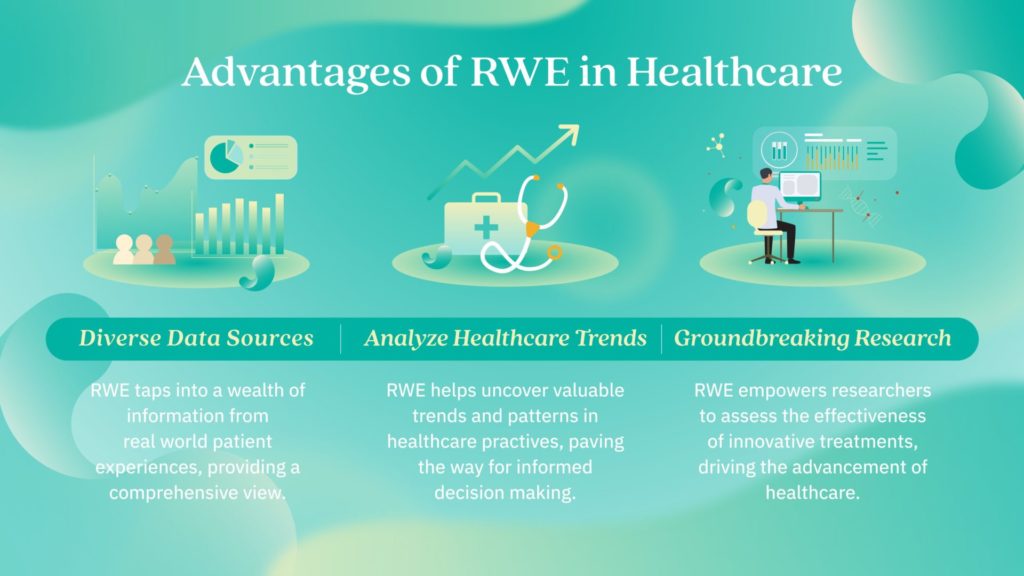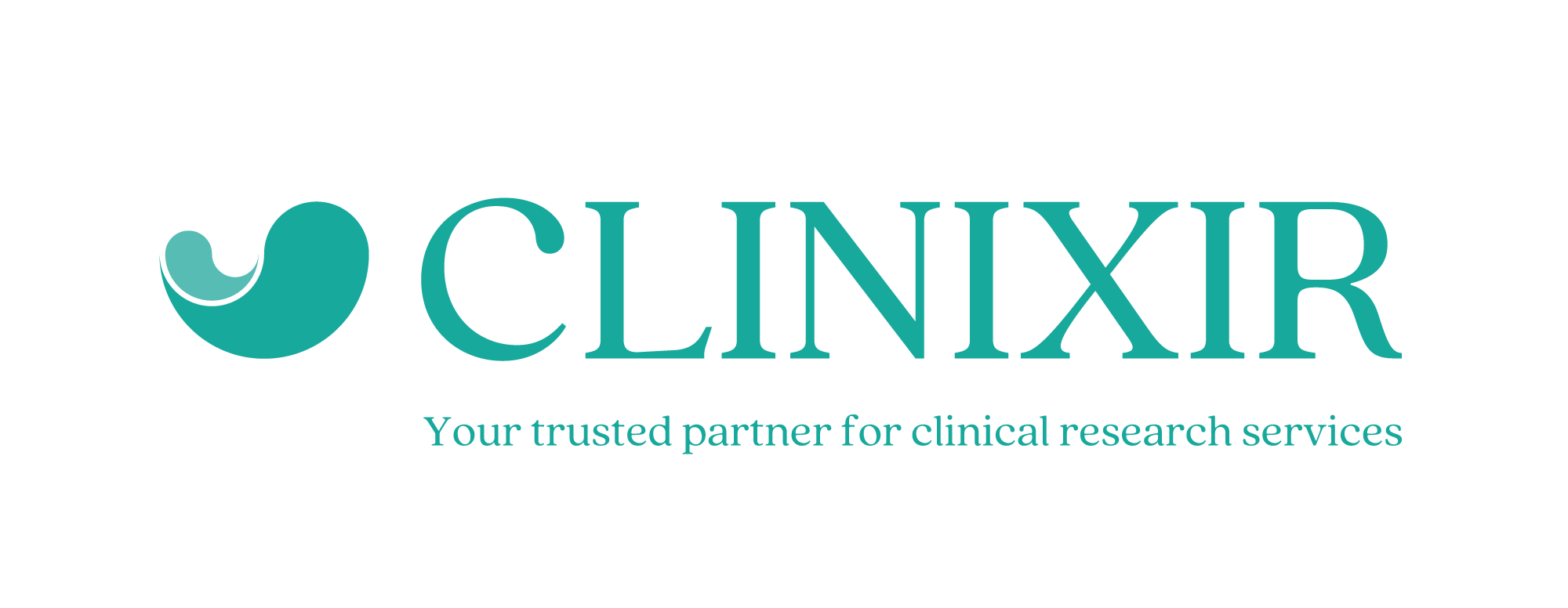In the realm of healthcare, real-world evidence (RWE) serves as a cornerstone in guiding critical healthcare decisions and assessing the safety and efficacy of treatments. Drawing from various sources, such as patient medical records, claims data, and observational studies, RWE offers invaluable insights into the real-life outcomes of healthcare interventions. By leveraging this wealth of information, healthcare professionals and policymakers can make informed choices that better align with patient needs and contribute to improved healthcare outcomes.
In this article, we explore the multifaceted nature of RWE and its pivotal role in driving evidence-based healthcare practices.
RWE studies encompass various types that contribute to a comprehensive understanding of healthcare outcomes.
- Observational Studies: In which researchers observe and analyze outcomes within a population without any specific intervention. These studies offer valuable insights into the real-world impacts of healthcare practices and interventions.
- Retrospective Studies: In which researchers analyze past data to examine outcomes, allowing us to learn from historical trends and patterns. These studies provide a retrospective view of healthcare interventions and their effects.
- Pragmatic Clinical Trials: These are trials conducted in real-world settings, providing researchers with the opportunity to evaluate treatments and interventions in the context of everyday clinical practice. These trials offer valuable evidence regarding the safety, effectiveness, and practicality of interventions in real-life healthcare scenarios.
By employing these diverse types of RWE studies, healthcare professionals and policymakers can make evidence-based decisions that reflect the complexity and nuances of real-world healthcare outcomes.

It is critical to recognize and address various considerations associated with real-world evidence (RWE) to maximize its potential:
Data Quality: Ensuring the reliability and accuracy of the real-world data used for analysis is paramount. Rigorous measures must be in place to validate and verify the quality of the data sources, minimizing the risk of erroneous conclusions.
Managing Biases: It is essential to acknowledge and address potential biases in data collection and analysis. Biases can arise from various factors such as selection bias or confounding variables. Implementing robust methodologies and analytical techniques can help mitigate these biases and ensure the integrity of RWE findings.
Protecting Patient Privacy: While utilizing real-world data, protecting patient privacy is of utmost importance. Strict protocols and regulations should be in place to anonymize and secure patient information, maintaining confidentiality and complying with ethical and legal standards.
The Future of Real World Evidence:
The future of RWE holds tremendous promise for enhancing healthcare decision-making and ultimately improving patient outcomes. By continuously refining data quality, addressing biases, and safeguarding patient privacy, we can unlock the full potential of RWE to drive evidence-based healthcare practices and create a healthier future for all.
At Clinixir, we leverage the power of RWE to provide cutting-edge healthcare solutions. By utilizing diverse sources of data, including patient medical records, claims data, and observational studies, healthcare professionals can gain a deeper understanding of the real-life outcomes of treatments and interventions. This data-driven approach allows for evidence-based decision-making, ensuring that healthcare practices are grounded in the realities of patient care.


